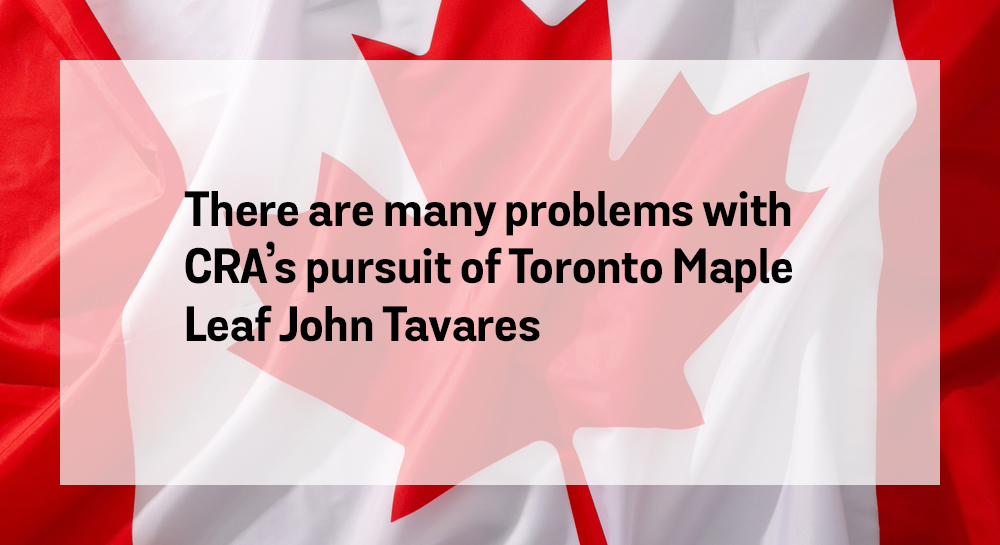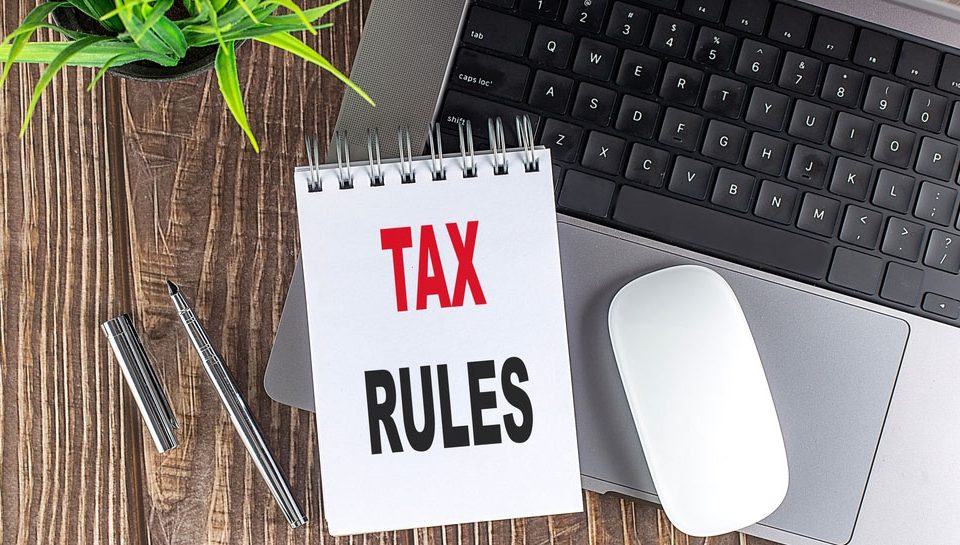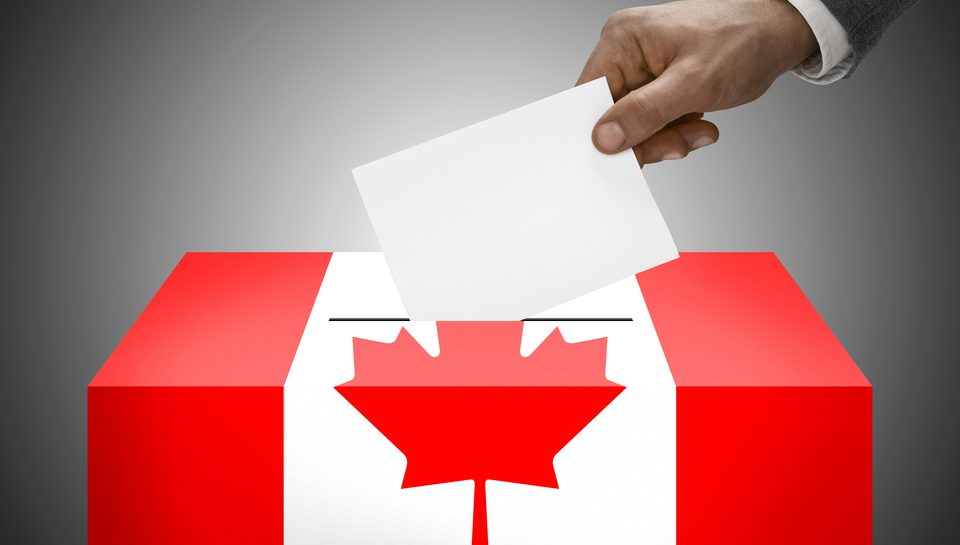
The maximum CPP pension future retirees could get is about to start changing in a big way
September 1, 2024
5 ways the rich have an advantage over you
September 4, 2024Last week, I shared details about the battle that Toronto Maple Leaf John Tavares is having with the Canada Revenue Agency. His story is important because it has greater implications for Canadians in general than most realize.
To recap, Mr. Tavares received an inducement (a signing bonus) of US$15.25-million in 2018 when he signed a contract to play for the Maple Leafs. He faced tax in the United States on this amount since he was resident south of the border, but under the Canada-U.S. tax treaty, he also paid tax in Canada at a rate of 15 per cent.
Consider the math. He would have paid total taxes in the U.S. (federal and state) of 45.5 per cent on his inducement in 2018. He had paid tax at the rate of 15 per cent to Canada, and so to avoid double-taxation, he was able to claim that amount as a foreign tax credit against his U.S. taxes. The result? He still paid 45.5 per cent tax, but this was split between Canada (receiving 15 per cent) and the U.S. (receiving 30.5 per cent). Effectively, he paid tax at U.S. rates but split the tax dollars between the two countries.
The approach
The approach taken by Mr. Tavares was simply taking advantage of planning allowed by the Canada-U.S. tax treaty. He could have structured his compensation in a more tax-aggressive manner. But he didn’t. His total compensation over his seven-year contract is US$77-million, with US$70.89-million being an inducement (paid over seven years), and just US$15.25-million of that amount is eligible for the 15 per cent treaty tax rate. You see, the portion of the inducement paid after he moved back to Canada – a total of US$55.64 million – is subject to full Canadian tax rates of about 53 per cent. If he had been more aggressive, he could have faced the lower 15-per-cent treaty tax rate on a much larger portion – maybe even the full amount – of his inducement. But he wasn’t greedy.
Nevertheless, the CRA wants to tax Mr. Tavares on the US$15.25-million amount as though it’s salary and not a signing bonus, which would make him ineligible for the 15-per-cent treaty tax rate. The result would be that he would pay tax at Canadian rates, about 53 per cent, Canada would collect significantly more tax dollars, and the U.S. would get relatively little despite him being resident in the U.S. when he received the payment. (The U.S. would collect much less, assuming it allows him to amend his 2018 tax return to increase his foreign tax credit to the higher Canadian tax amount – which is not a slam dunk; pardon the basketball reference here).
The problems
There are a few problems with CRA’s pursuit of Mr. Tavares.
The integrity of pro sports is jeopardized: If U.S.-resident athletes understand that the CRA is intent on overriding long-standing provisions of the Canada-U.S. tax treaty to their disadvantage, then many may simply choose to play for U.S. teams instead. If Canadian teams are unable to attract U.S. athletes, just imagine the imbalance this can create in the competitiveness of any league with teams on both sides of the border. How can any league with teams in both countries operate with integrity if Canadian teams can’t compete?
The culture of Canadian sport faces irreparable harm: The impact that the Toronto Raptors, Toronto Blue Jays, and every NHL team in Canada have had on the pursuit of athletic excellence of young kids who have been drawn to these teams and their players is remarkable. The 2019 Raptors’ championship has no doubt led to many more kids taking up basketball as their sport of choice. If the CRA robs Canadian teams of the ability to effectively compete by chasing away U.S. athletes, what impact will this have on the culture and face of sports in this country?
Overriding treaty provisions violates good-faith negotiations: When the Canada-U.S. tax treaty was negotiated, provisions were included to avoid double taxation and specifically provide for U.S.-resident athletes to play in Canada. In pursuing John Tavares, the CRA is trying to extend its reach to tax dollars that otherwise would be collected by the U.S. on its residents. It’s a slap in the face to our neighbours to the south to make a claim to as much tax as possible to the detriment of the U.S., particularly when the athlete was a resident in the U.S. when being paid. This is treating the U.S. and the Canada-U.S. tax treaty with utter contempt.
John Tavares’s tax fate is now in the hands of the Tax Court of Canada. For the sake of sport in Canada and to respect the treaty and the right of the U.S. to tax its residents, let’s hope CRA loses this battle.







